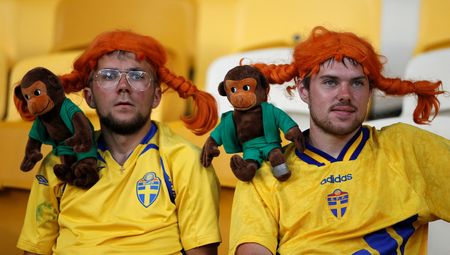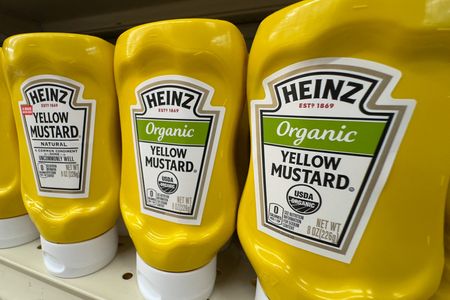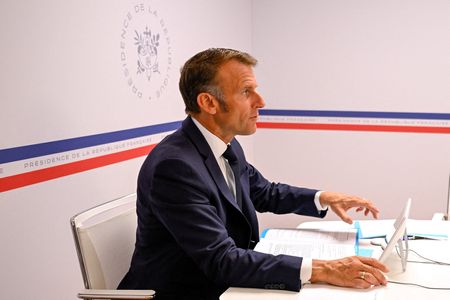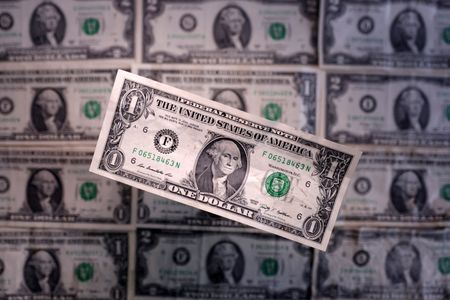By Johan Ahlander
STOCKHOLM (Reuters) -Pippi Longstocking, IKEA and the Nobel Prize are among 100 works, brands and ideas deemed to define what it means to be Swedish, according to a cultural heritage list unveiled by the government on Tuesday.
Drawing up such a list, or canon, was part of the election manifesto of the right-wing ruling coalition and is a pet project of the nationalist, anti-immigration Sweden Democrats, who are not in the government but support it in parliament.
However some Swedish institutions and minority groups, including the Swedish Academy that awards Nobel literature prize and representatives of the indigenous Sami group population, have criticised the initiative as too narrow and exclusionist.
All items in the canon must be at least 50 years old, meaning it does not include the pop group ABBA, one of Sweden’s most famous cultural exports, but also rules out most contributions made by the roughly one in five Swedes born abroad. Most of these immigrants arrived in Sweden after 1975.
“I think it’s very much human nature to love lists,” Lars Tragardh, a historian and chairman of the Culture Canon Committee that compiled the canon, told a news conference.
A canon, originally a set of rules or collection of sacred books accepted as genuine, such as those that make up the Bible, means a widely accepted, normative list of works. Similar projects have been done in Denmark and the Netherlands.
The Swedish list includes Ingmar Bergman’s iconic 1957 movie The Seventh Seal, rebellious children’s book character Pippi Longstocking and the practice of Allemansratt, the right to temporarily camp on privately owned nature properties.
CRITICISM
The Swedish Academy declined to be involved in the project, which was launched by the government in 2023, saying it was divisive and put ideology before the literature.
The association representing the indigenous people of Tornedalen in northern Sweden complained that it was not allowed to be part of the project, which it described as “continued oppression”.
Iranian-born Swedish author Shora Esmailian told the Sydsvenskan newspaper that state-imposed canons of what it means to be Swedish would not help to create “a welcoming and equal society”.
But Culture Minister Parisa Liljestrand said the canon had been misunderstood.
“Our approach to this has always been that a Swedish cultural canon should be a living and useful tool for education, community and inclusion,” she told Tuesday’s press conference.
The canon comprises 50 cultural artefacts including novels, films, plays and musical compositions and 50 items in the societal category, drawn from religion, law and economics, along with inventions, places, products or individual events deemed key for Swedish public affairs and self-understanding.
(Reporting by Johan Ahlander; editing by Gareth Jones )














